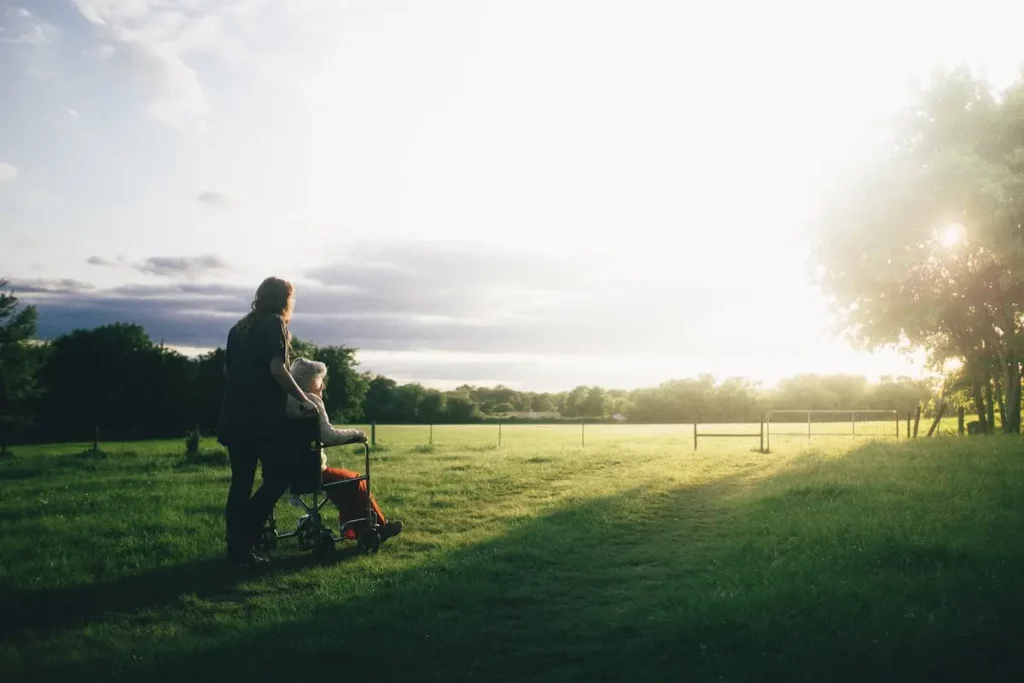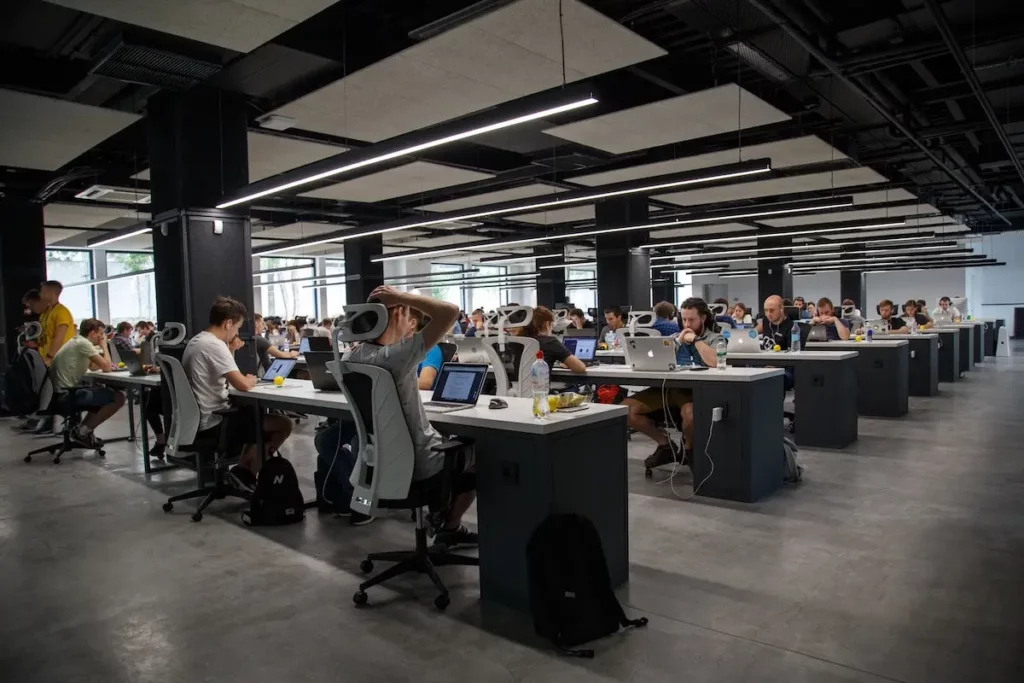As part of our overall strategy to achieve Financial Independence Retire Early (FIRE), Mr Wow and I decided to clear our mortgage and downsize to a smaller place in 2018. I was 40 going on 41 then. When a neighbour heard that we were downsizing, she asked me in a voice filled with concern, ‘Why? Is your business in trouble?’
Honestly, I was quite surprised by the rather personal question as we weren’t close at all, but I went ahead and told her that it was part of our retirement strategy. Guess what? She laughed. NO JOKE. In case you are wondering, I wasn’t offended. I think she was just surprised by my answer and could only laugh about it.
Then she said something that remains etched on my mind to this day — ‘Why are you planning so early? I’m much older than you (my guess is about 12-15 years older) and I haven’t even thought about it.’ WOW! She certainly is cheerful and confident about the future! Not me.
While optimism is generally good, retirement is definitely not something that one should take a sanguine view of. A word of advice from Benjamin Franklin, ‘If you fail to plan, you are planning to fail.’ Don’t assume that as long as you save regularly, things will somehow pan out. Retirement requires a lot of painstaking planning and the earlier you start, the better.
My view is everyone should plan for early retirement. Yes, EVERYONE and that includes the vast majority of people who are prepared (or resigned) to work well into their 60s and beyond.
The age at which you retire is not always up to you. You might become seriously ill or need to care for a loved one. You might lose your job or suffer from burnout. Thus, everyone should plan to retire early even if it’s only as a contingency plan.
Here are five reasons why you should plan for early retirement:
- You Might be Plagued by Poor Health
- You Might Lose Your Job
- You Might Experience Burnout
- You Will Retire with More
- You Will Have Peace of Mind
1. You Might Be Plagued by Poor Health
Poor health can strike anyone (including very healthy people) anytime. Whether it’s a sickness or an injury, a major health crisis might catch you off-guard and force you into early retirement. It might not be you. A parent or your spouse might become suddenly ill. A child might need extra care. This could take up a lot of your time and money.
Yes, you probably bought insurance to protect yourself and your dependents against these unforeseen circumstances but is the money enough if you require long-term stay in a hospital or care facility? What about the cost of medicine and treatment? Have you factored them in? Without a regular source of income, would you find yourself heavily saddled with exorbitant medical bills in no time? Would you be financially ok or struggling to make ends meet?
Even if you still have the ability to work, a serious illness will most likely prompt you to relook and shift your priorities. You might want to spend more time with your family or even embark on a spiritual transformation journey, but would that be possible if you still need to work full-time for money?

Check out: Why You Need a Will, Kids or No Kids
2. You Might Lose Your Job
Life is not smooth-sailing and things do not always go according to plan. Even if you are in the pink of health and do not mind working into your 60s or even 70s, there’s no guarantee that you are actually able to work that long given that job security is a thing of the past. Corporate downsizing and massive layoffs (e.g. Twitter after Elon Musk took over) are not uncommon and employees are more likely to be placed on temporary contracts these days.
Corporate downsizing and massive layoffs (e.g. Twitter after Elon Musk took over) are not uncommon and employees are more likely to be placed on temporary contracts these days.
When retrenched, it’s very easy to say ‘It’s fine, I’ll just get another job.’ Then again, if you happen to be in your late 40s or early 50s, the process of finding another suitable job can be extremely challenging. You might be written off by potential employers as too old, too expensive or too experienced. In this world of fast-changing technology, some might also question if you are able to keep pace with the developments in your industry.
Are you then willing to make a mid-career switch and settle for something that pays considerably less than your previous job? Do you want to fret over unpaid bills or have the luxury of being able to say ‘Oh heck! I can afford not to work, so I’m just going to enjoy life!’ because you have stashed away adequate retirement funds?
3. You Might Experience Burnout
Right now, you might absolutely love your job (good for you) and do not plan to retire anytime soon. Nevertheless, after 10, 20 or 30 years slogging away at work, you might feel burned out and badly need to take time off. I have seen so many friends suffer from varying degrees of burnout over the years. One (a school teacher) got severely depressed and eventually tendered her resignation. Another took no-pay leave and retreated to Bali for half a year.

The World Health Organisation classifies ‘burnout’ as an occupational phenomenon resulting from chronic workplace stress that has not been successfully managed. People experiencing burnout often feel overwhelmed and struggle to handle day-to-day responsibilities. They are mentally and emotionally drained (like they have nothing left to give) and have a pessimistic view of themselves and the world.
For some people, a vacation is the remedy to the problem. Others might need more time to recover, e.g. a complete break from work for months or years so as to find meaning and satisfaction in life. If they have planned for an early retirement, they will be able to do so easily. If not, they will find it hard to escape from their unpleasant situation. You don’t want to be one of them.
Check out: Admit It: Money CAN Buy Happiness
4. You Will Retire with More
Planning as if you were going to retire early forces you to start saving at a younger age, and the earlier you start saving and investing, the more money you will accumulate over time.
It’s simple maths. Let’s say you wish to have $1 million by the time you are 65. You start saving $700 per month from the age of 25 and expect a 5% annual rate of return on your investment (very achievable). Congrats! You will have slightly more than $1 million at the age of 65 (40-year time frame).

However, if you only start saving when you are 45, you will have just under $280,000 at the age of 65 (20-year time frame).
That’s a HUGE difference! Granted, you can always save more when you are older but starting early reduces the total amount of money you have to set aside for retirement. As your savings grow, you earn interest on a bigger… and bigger… and bigger pool of money. Remember: The secret of getting rich slowly, but surely, is the magic of the compound effect.
Check out: 5 Things to Know if You Want to be Financially Successful
5. You Will Have Peace of Mind
Financial security = peace of mind. It is comforting to know that you have a growing sum of money stashed away somewhere and that you are prepared for whatever life throws at you. You will feel more confident about your future because you have a clear plan to save, to invest, to retire.
It is comforting to know that you have a growing sum of money stashed away somewhere and that you are prepared for whatever life throws at you.
In the case of a former colleague of mine, it gave her the confidence to marry her Norwegian boyfriend of five years and move to Norway with him. Emigrating to a foreign country (especially if you don’t speak the language and only know one human being there) can be pretty scary. As she was also expecting a child, my former colleague knew she might never work again (bye-bye fat pay cheque). However, she felt secure because she has always been a diligent saver. It has been almost 10 years since she left Singapore and she still has most of her savings and a regular stream of passive income from dividend stocks and index funds.
Check out: Embracing Early Retirement: Why I Don’t Miss Work
I believe most people, if not all, have an ideal retirement age in mind and they would hate to stop work completely if they are not financially secure. Unfortunately, life can deal you with a bad hand when you least expect. Retiring early is not always a conscious decision. It might be a decision that will be made for you — sad but true.
But it is not all doom and gloom! If you haven’t thought about early retirement as a possibility, you can start thinking about it and making plans now. Even if you really don’t see yourself retiring early, it’s good to have a backup plan in case you are unable to work or decide to change your mind. Having options is better than having no options.
Retiring early is not always a conscious decision. It might be a decision that will be made for you — sad but true.
You may also like: 7 Levels of Wealth: A Different Way to Think About Money | The Retirement Bucket Strategy Demystified | The Big Reveal: Our Net Worth Exposed


